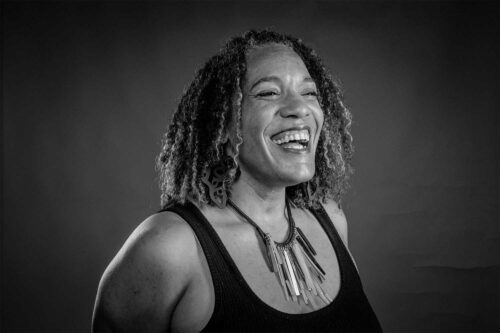
What happens when we fall silent on issues that compromise the wellbeing of our community? The first question would be: Can you describe your communities? What makes them your community?
Take a good look, then ask another question: What do you consider diversity? Picture what you see when you see or hear your version of diversity. Is your definition of diversity reflected in your communities?
Many of us have several communities: salsa community, yoga community, parent community, book groups, a university community. We engage in those communities on different levels depending on our investment in it.
However, how many of us examine why we call that community our community? Generally speaking people come together for a common cause, reason and practice that mirrors goals that we feel somehow help us reach or flourish in some part of our value system.
Typically, I find we can get fast and loose with the word “community” and what it actually means. There’s generally context to the meaning or depth of your connection.
Would you feel any way about your community if all of a sudden your community — let’s say your dance community — decided to add an unexpected element, like a new type of style of dance. Let’s think further that if all of a sudden the music choice for your favorite restaurant changed from the easy going soothing jazz you love to a gothic, loud mesh of eclectic sounds that plays on a constant loop.
You may decide that this change is so outside of your norm that you can’t enjoy your space anymore and wonder who even decided to change something as integral as the ambiance?
Some people may see this change as no big deal and a nice variation — they didn’t pay that much attention anyway. So they don’t say anything, it means nothing to them. The food tastes the same either way.
Must be nice for them to be so oblivious.
Now what if the music change seems to be getting more and more popular, and you barely hear any of the music you enjoyed while eating there before? Would you ask the spot, that you considered your community, to stick to what was originally agreed upon? Would you wonder how the change was made without a vote, or a survey done? How long would you continue to patronize that spot, or continue to join that community on a regular basis?
See, as a Black woman, when someone says “community” to me, I generally have a distinct role in it. When it comes to race, Black and Brown bodied people are added as a bonus feature to the community. As a bonus, our needs are considered and are not normalized. This was supposed to be a kind gesture, historically.
As we see with DEI being cut out and talked about in ways that are not only untrue, but gaslighting and dog whistling all at the same time, you can easily realize that your community considered DEI as a change, not an integration.
The result was a variation in the “regular” ways things were done. The inclusion was not a part of the community or society at large, which in turn leaves question to how your values are protected within said communities. Once DEI, and everything describing the value of inclusion, has been attacked, turned upside down, truths mislabeled as lies being hidden by the “woke few.”
You didn’t see your community crumbling; you acted as if you were watching something happening to other people’s community. If your community represents your values, does it value everyone in the community?
Everywhere we go, it is our collective responsibility to uphold inclusion, safety and opportunity for not only ourselves but for each other. Communities are places of your truth. Stop the normalization of lies, mistruths and omissions. Stop them dead in their tracks.
If we don’t, soon the community we know and love will cease to exist and we will be stuck within the walls of what they decide we should accept.